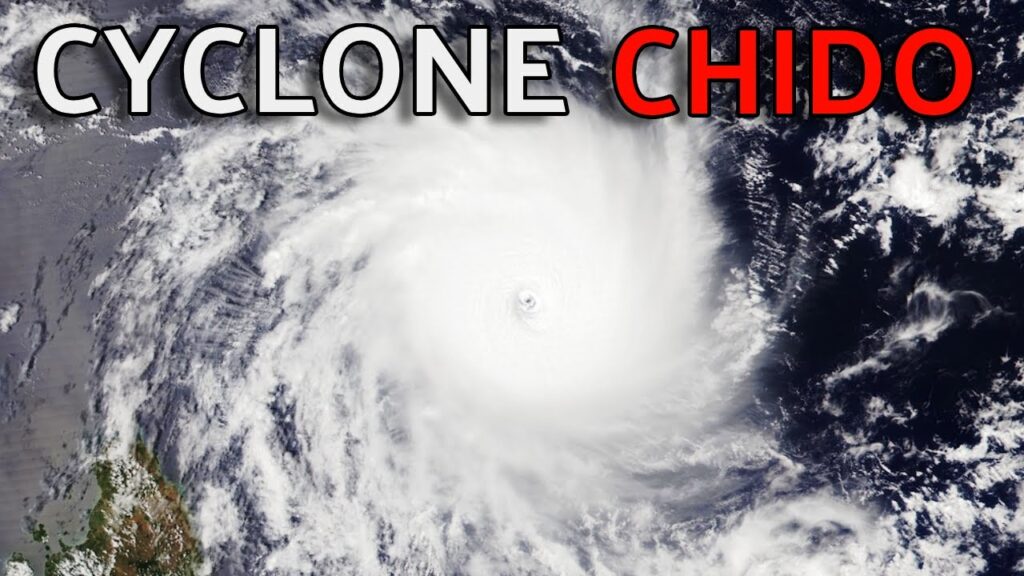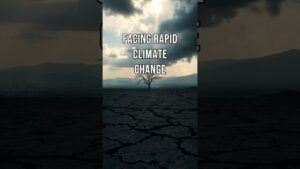
Free Alerts And Information:
https://x.com/PlaysSaheb
🌩 HURRICANES And Weather UPDATES!
Cyclone Chido, which struck in December 2024, was one of the most devastating storms to impact the southwestern Indian Ocean in recent history. The cyclone’s trajectory and intensity led to significant destruction across multiple regions, particularly affecting the French overseas department of Mayotte, Mozambique, and Malawi.
Mayotte bore the brunt of Cyclone Chido’s fury when it made landfall on December 14, 2024, with wind speeds exceeding 220 km/h (137 mph). This marked the most intense cyclone to hit the archipelago in over 90 years. The powerful winds and torrential rains resulted in widespread destruction of infrastructure, including homes, schools, and the airport’s control tower. Initial reports indicated at least 22 fatalities, but officials feared the death toll could rise into the hundreds due to the extensive damage and the number of individuals unaccounted for. Thousands were displaced, and emergency services faced significant challenges in reaching affected areas due to blocked roads and communication breakdowns.
Latest news & breaking headlines
After ravaging Mayotte, Cyclone Chido continued westward, making landfall in Mozambique on December 15, 2024. The storm brought heavy rainfall and strong winds to the provinces of Cabo Delgado and Nampula. Approximately 184,000 people were affected, with at least 45 confirmed deaths and hundreds more injured. The cyclone damaged or destroyed over 35,000 homes, 70 classrooms, and multiple health facilities. Flooding exacerbated the situation, leading to concerns about waterborne diseases and food security.
In Malawi, the remnants of Cyclone Chido caused heavy rains and strong winds, particularly impacting the southern regions. As of December 18, 2024, approximately 45,000 people were affected, with 13 reported fatalities. The flooding led to the displacement of thousands and raised alarms about potential outbreaks of cholera and other waterborne illnesses.
ReliefWeb
UNOCHA
Climate scientists have highlighted that Cyclone Chido intensified over ocean waters that were approximately 1.1°C warmer than they would have been without human-induced climate change. This warming likely contributed to the cyclone’s strength and rapid escalation, underscoring the broader implications of global warming on tropical cyclone behavior.
In response to the widespread devastation, international aid organizations and governments mobilized relief efforts, including deploying emergency personnel, providing medical supplies, and facilitating evacuations. The aftermath of Cyclone Chido highlighted the urgent need for improved early warning systems and resilient infrastructure to mitigate the impacts of such natural disasters in vulnerable regions.
Hurricane Research: https://journals.ametsoc.org/view/journals/mwre/120/10/1520-0493_1992_120_2240_oorcct_2_0_co_2.xml
#hurricane #weather #research #analysis #damage
#weatherchannel #saheb #singh
Credit Music:
Karl Casey – https://www.youtube.com/watch?v=oS7ZT-UEQyo
Monitor And Track Storms: https://cyclonicwx.com/sat/
BUSINESS INQUIRES: sahebbains40@gmail.com
Please take a read of NWS survey data and SPC forecasts to get the most reliable and accurate weather data possible.
source



